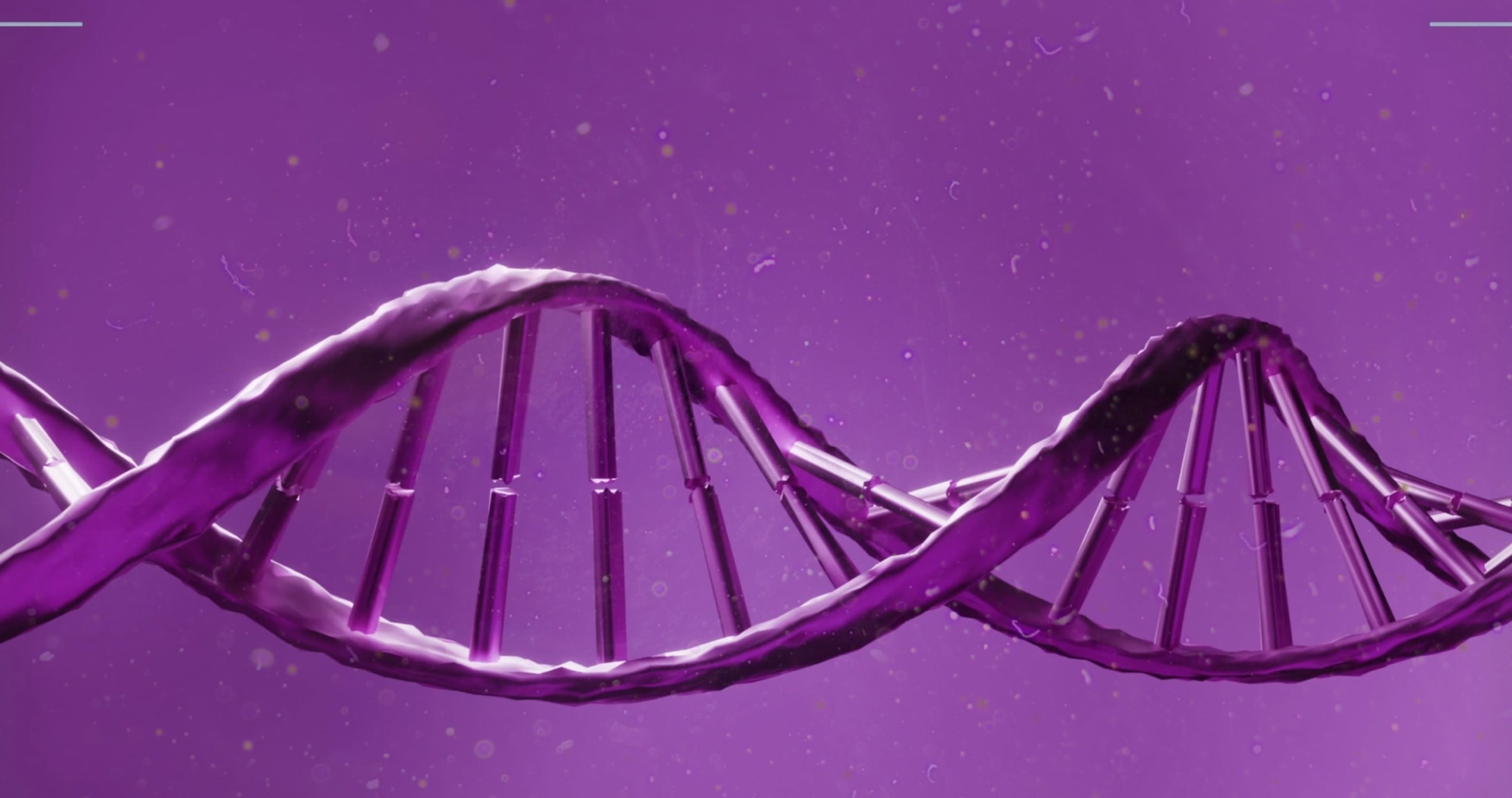A new study published in Nature Genetics has produced the most comprehensive genetic map of human metabolism to date, offering fresh insights into how our genes shape metabolic processes and their impact on health and disease.
 Image Credit: vectorfusionart/Shutterstock.com
Image Credit: vectorfusionart/Shutterstock.com
While every person’s metabolism is unique, it has remained challenging to determine exactly how much of that variation can be traced back to genetics. This study, led by researchers from the Berlin Institute of Health @ Charité (BIH) and Queen Mary University of London, brings much-needed clarity.
Using data from 500,000 participants in the UK Biobank, the team examined how genetic differences affect blood levels of 250 small molecules, including lipids, which are vital for heart health, and amino acids.
By combining large-scale genetic information from people of European, African, and Asian descent living in the UK with detailed metabolomic data, they systematically identified the genes involved in metabolism.
The results showed that genetic control of metabolites was very similar across ancestries and between men and women, which suggests that the results and conclusions drawn from the study likely apply to most people. This included genes with previously unknown roles in metabolism, offering new insights into metabolic pathways and human health.
The study also shed light on genes linked to metabolism that may increase the risk of certain diseases. Researchers found that the genetic regulation of blood metabolites often overlaps with genetic factors involved in disease, highlighting the critical role these molecules play in human health.
One notable finding was the identification of the gene VEGFA, which appears to influence aspects of high-density lipoprotein (HDL), the "good" cholesterol. This discovery could open up new avenues for developing treatments aimed at preventing heart disease.
The growing availability of large biobanks around the world makes studies of this scale possible.
The UK Biobank, for example, enrolled 500,000 participants from diverse backgrounds across the UK, collecting not only genetic data but also detailed information on lifestyle and health. This extensive resource enabled the researchers to conduct deep, comprehensive analyses that included a broad cross-section of individuals.
While the study highlights the significant role of genetics in metabolism, the authors stress that it’s only part of the picture. Metabolism is also shaped by modifiable factors like diet, exercise, and other lifestyle choices, which remain essential for maintaining good health.
We are now able to map systematically the genetic control of hundreds of blood molecules, at unprecedented scale. This provides a powerful reference to understand disease risk and identify genes that contribute to variability in metabolism.
Martijn Zoodsma, Study Lead Author and Postdoctoral Researcher, Berlin Institute of Health @ Charité
Senior author Maik Pietzner, Professor for Health Data Modelling at BIH and Queen Mary’s Precision Health University Research Institute (PHURI) added, “The development of blood lipid-lowering medications, such as statins, has saved numerous lives, but heart diseases remain the major killer. Our results highlight potential avenues that will hopefully lead to new medicines to prevent even more deaths from lipid plaques building in people's arteries.”
Senior author Claudia Langenberg, director of the Queen Mary’s PHURI, and head of the Computational Medicine group at the BIH, further added, “Our study is a powerful demonstration of what can be achieved through academic-industry science partnerships. Nightingale Health’s technology has measured blood lipids and metabolites in the full UK Biobank cohort of 500,000 samples.”
This is the scale and commitment needed to robustly identify rare genetic variation underlying differences in human metabolism and health. Martijn’s work using these data has also revealed strong similarities between different ancestries or sexes of how our genes shape our metabolic individuality – a reminder that we are all human, and have much in common.
Claudia Langenberg, Senior Author and Director of the Queen Mary’s PHURI, and Head of the Computational Medicine group at the BIH
Source:
Journal reference:
Zoodsma, M. et al. (2025) A genetic map of human metabolism across the allele frequency spectrum. Nature Genetics. doi.org/ 10.1038/s41588-025-02355-3